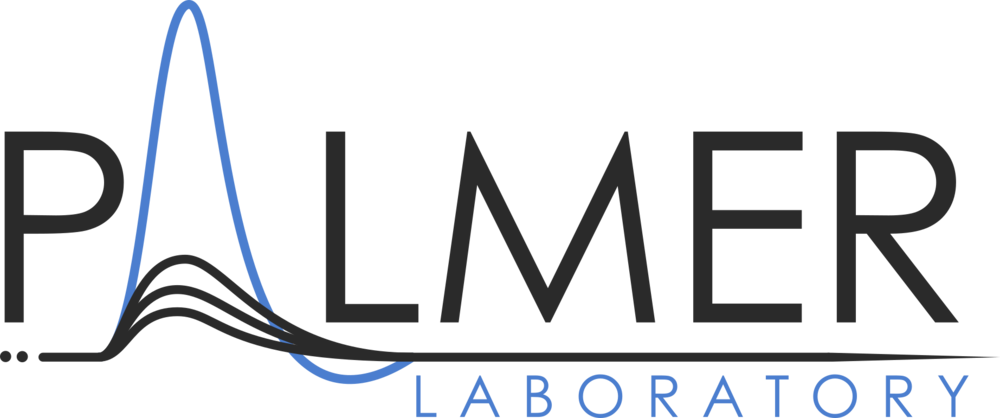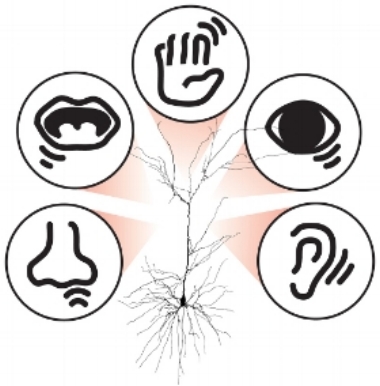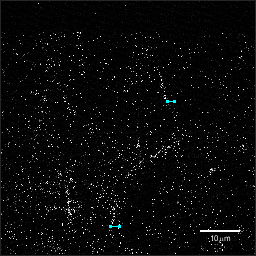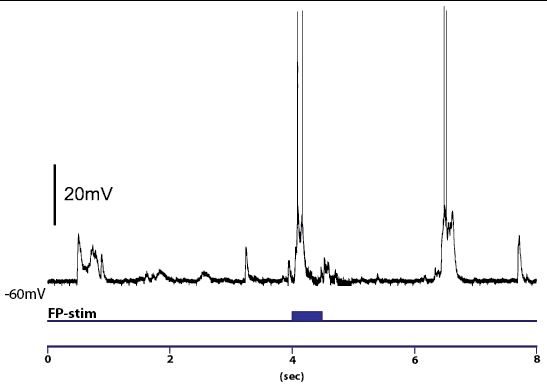Research Interests
During daily life the brain encounters many situations: familiar and unfamiliar, important and unimportant. The brain must parse, process, and integrate all of this on the fly. The Palmer Laboratory is interested in the mechanisms and circuitry that make this possible.
Feedback
As information in the brain is processed, it is fed forward up the hierarchy of processing. But also important is the flow of information from more “complex” areas downwards — “feedback” information. Brain regions feedback onto one another, providing context that influences how information is processed. This is higher order processing, where sensation and action are driven not just by the external world, but internally generated information too.
Dendrites
Historically, dendrites were considered passive structures which simply relay inputs to the cell body. It is now understood that dendrites have their own complex properties and function. Their computational capabilities enhances the capabilities of the neurons they are attached to, and the dendritic field is beginning to understand the depth of this function.
Research tools
2-photon laser scanning microscopes
Patch clamping
In vivo and ex vivo setups
Widefield cortical calcium imaging
Head-fixed behaviour
Optogenetics and chemogenetics
Current projects
In the Palmer Laboratory, we are always working on new and interesting projects.
At the moment we are investigating the following:
Dendritic activity during reward-based behaviour
Neural activity underlying fear learning
The influence of the thalamus on cortical activity during reward-based behaviour
The effects of cocaine on the cortical processing of sensory information
Prefrontal input to primary somatosensory cortex during frequency discrimination.
Neural activity in the striatum during sensory processing
The integrative properties of human neurons
Multi-sensory integration




